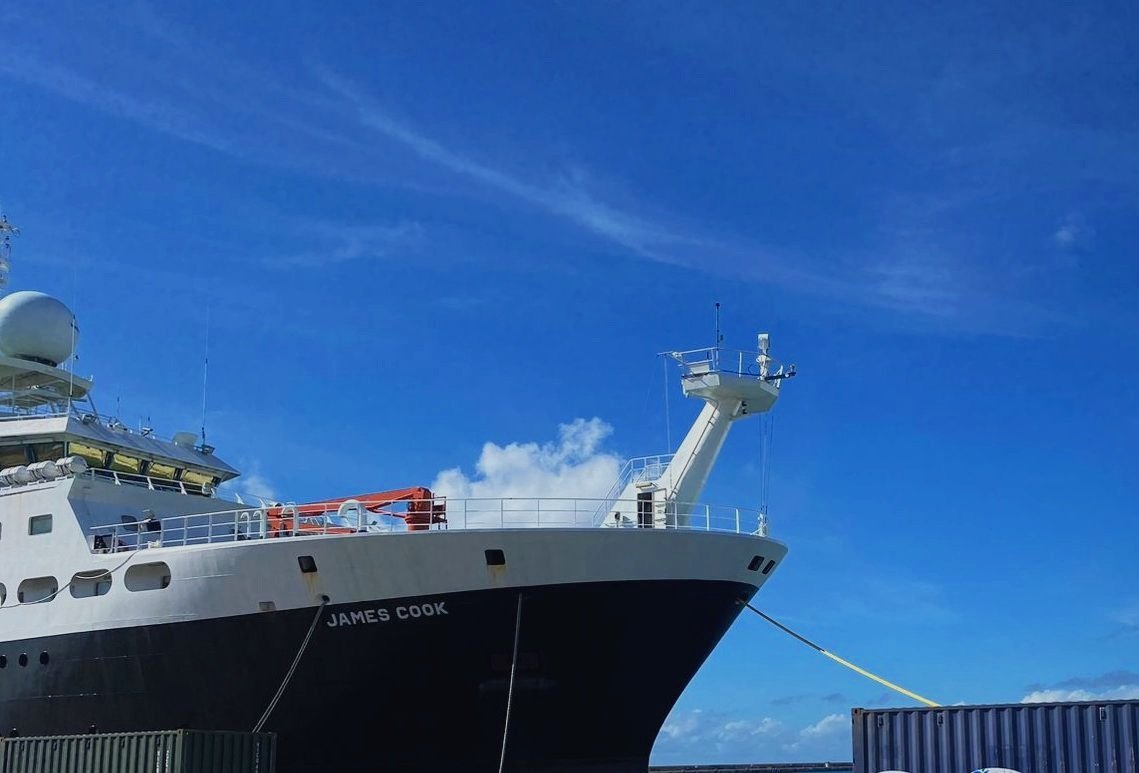
The SeaSINC Project
Thank you for considering sponsoring the independent SeaSINC project: ‘Evaluating the effects of seaweed sinking in the Caribbean’. We would like to share a little more information with you so that you know how your money will be used.
Please note that this is an independent, collaborative and self-funded scientific research project and it is not part of the day-to-day operations of Seafields.
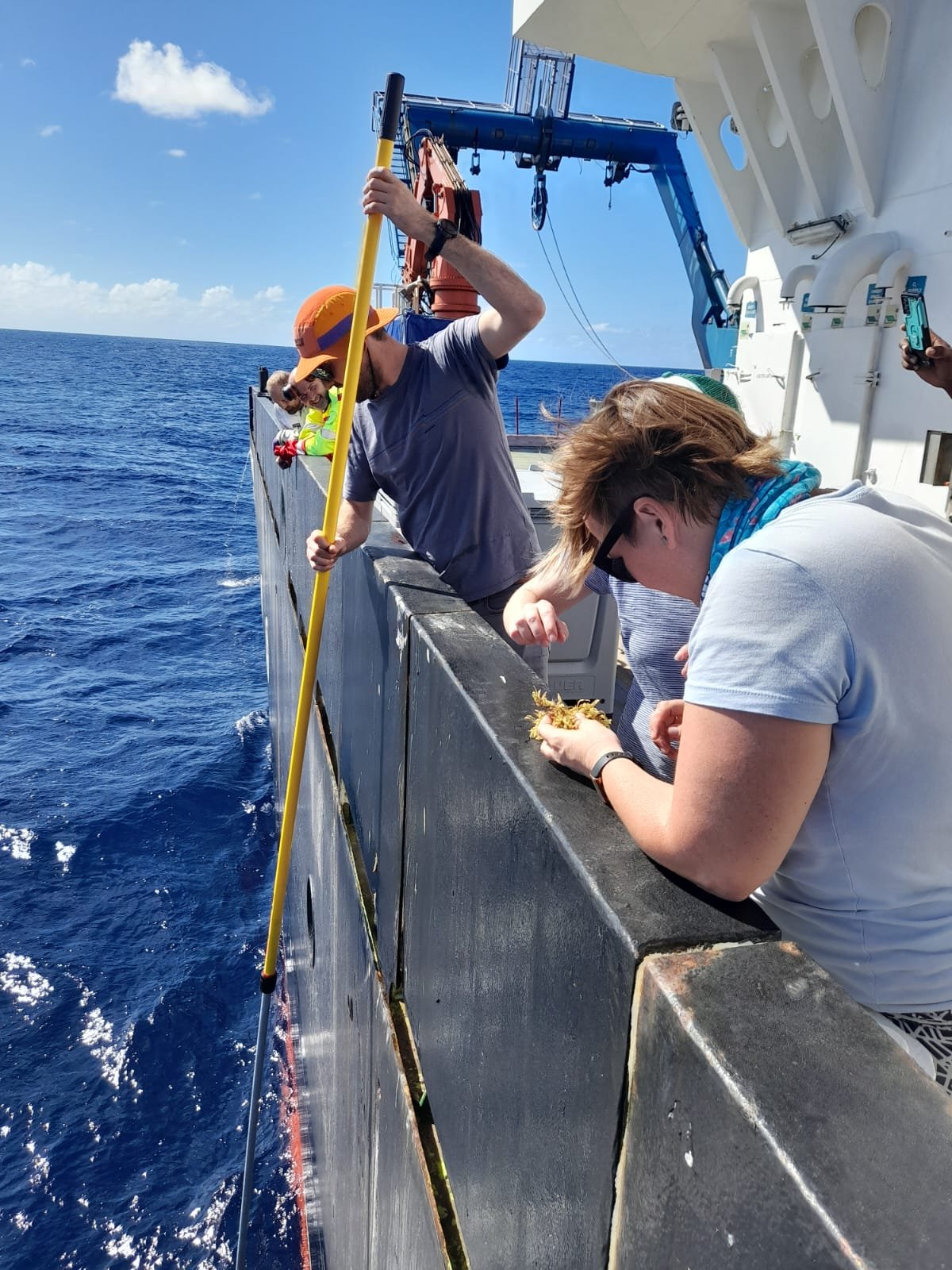

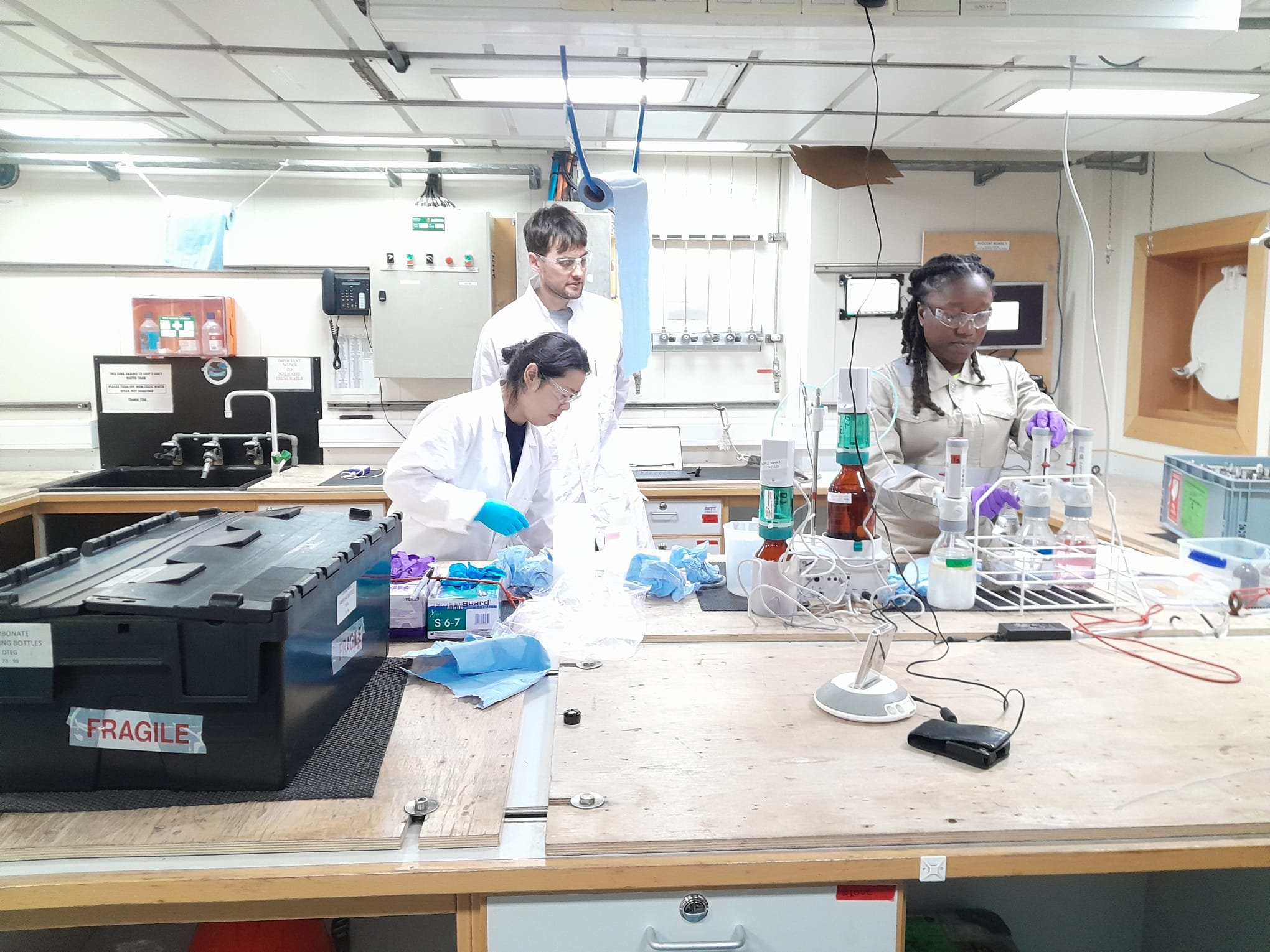
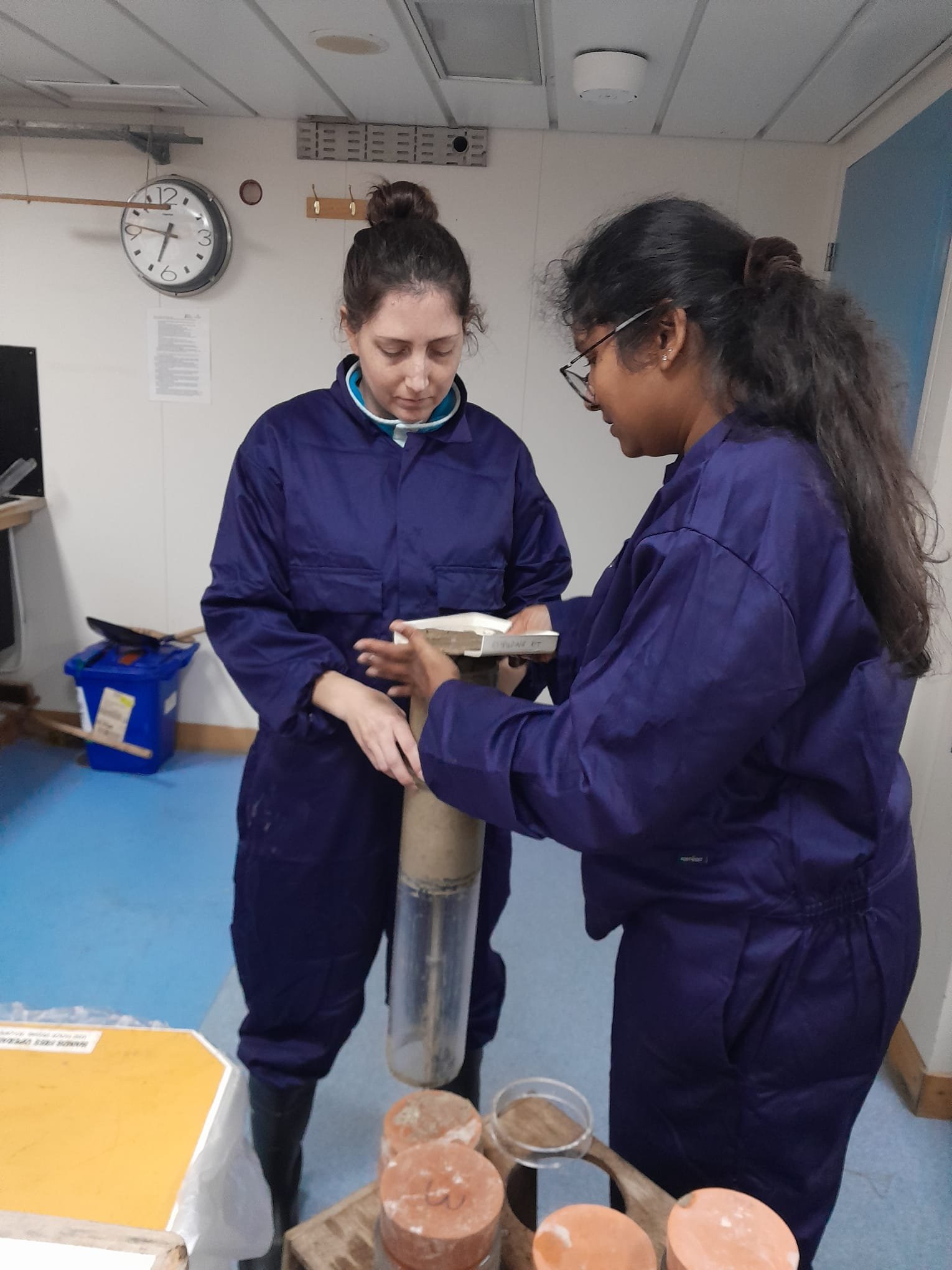
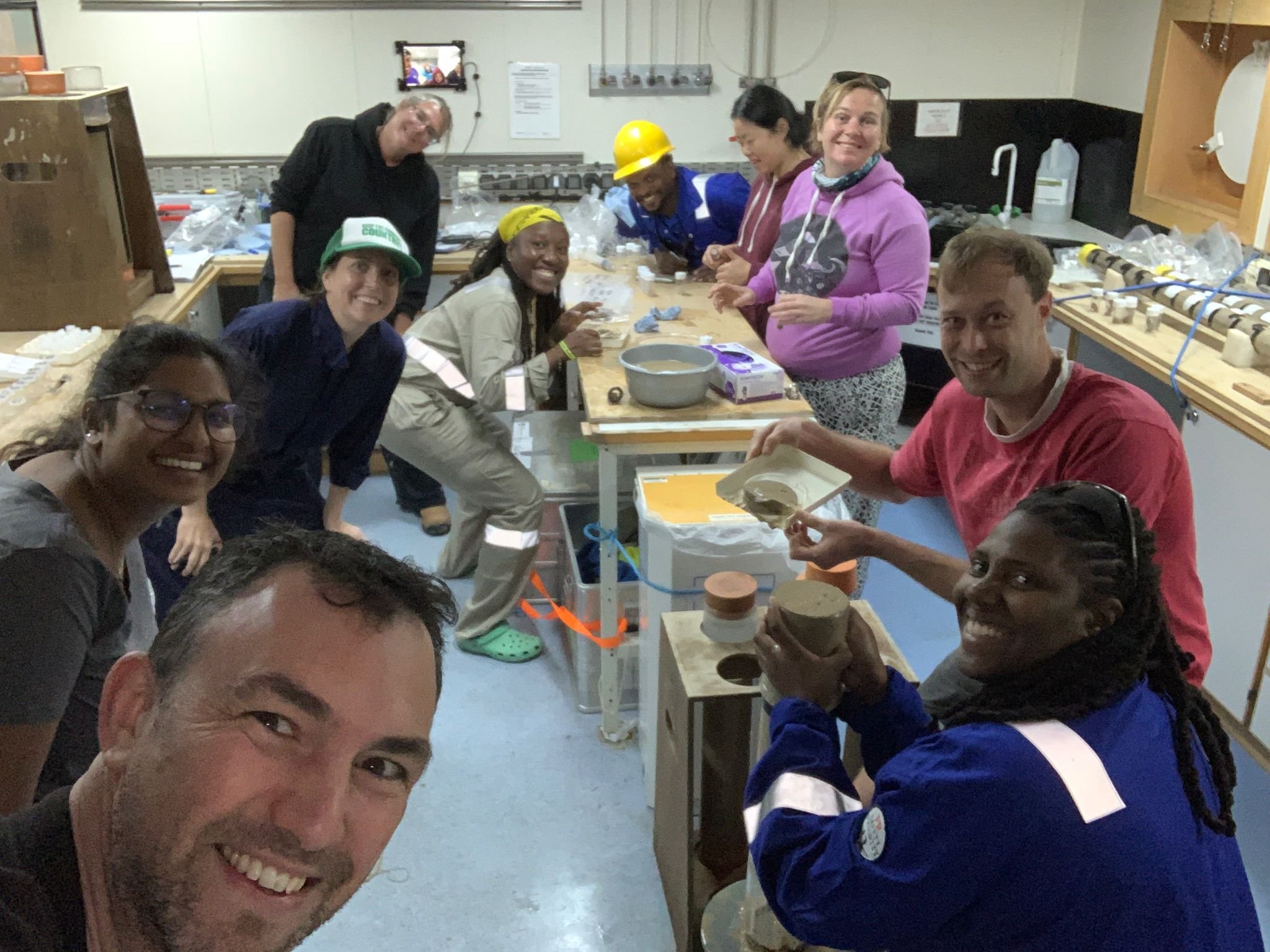
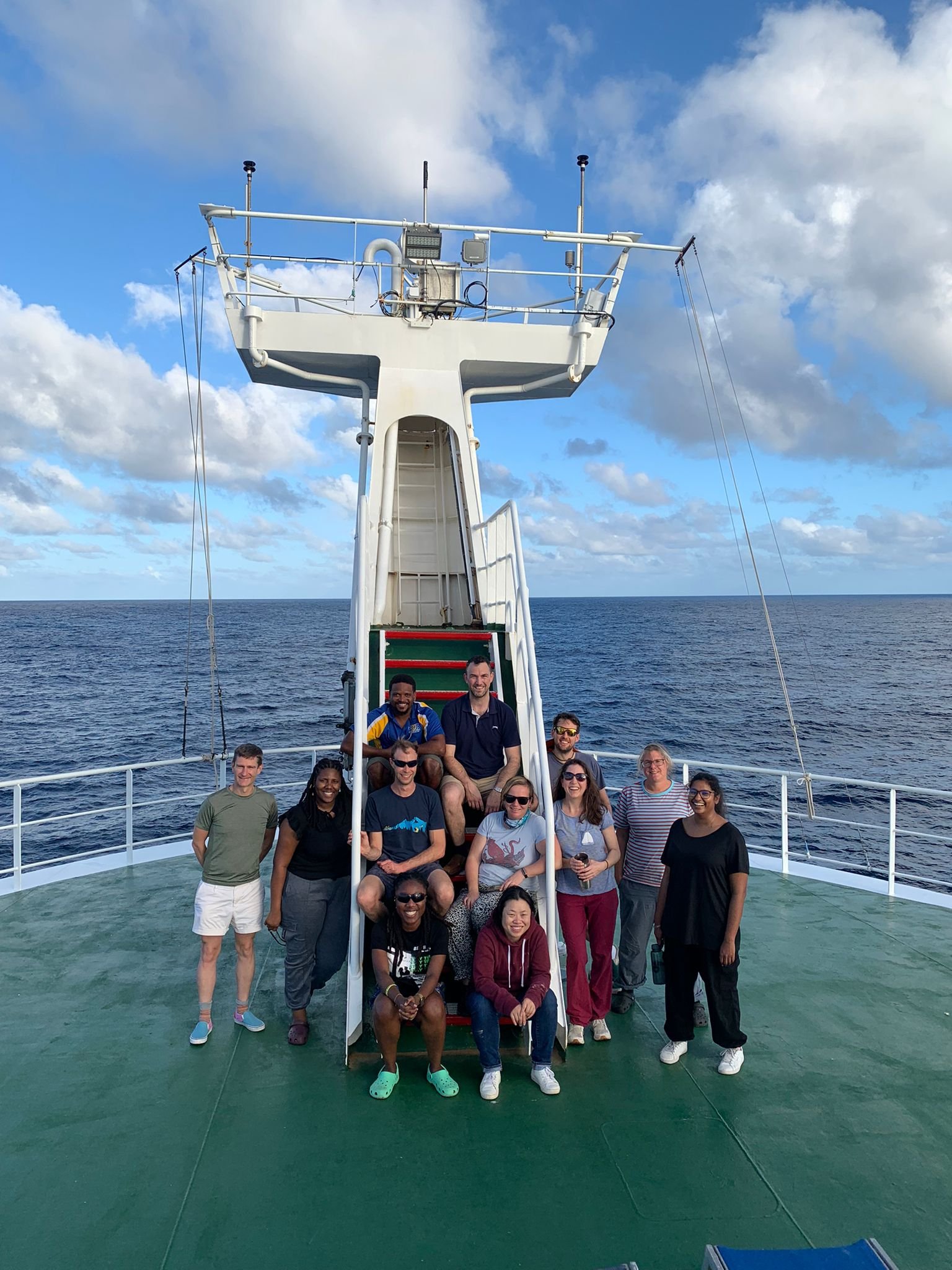
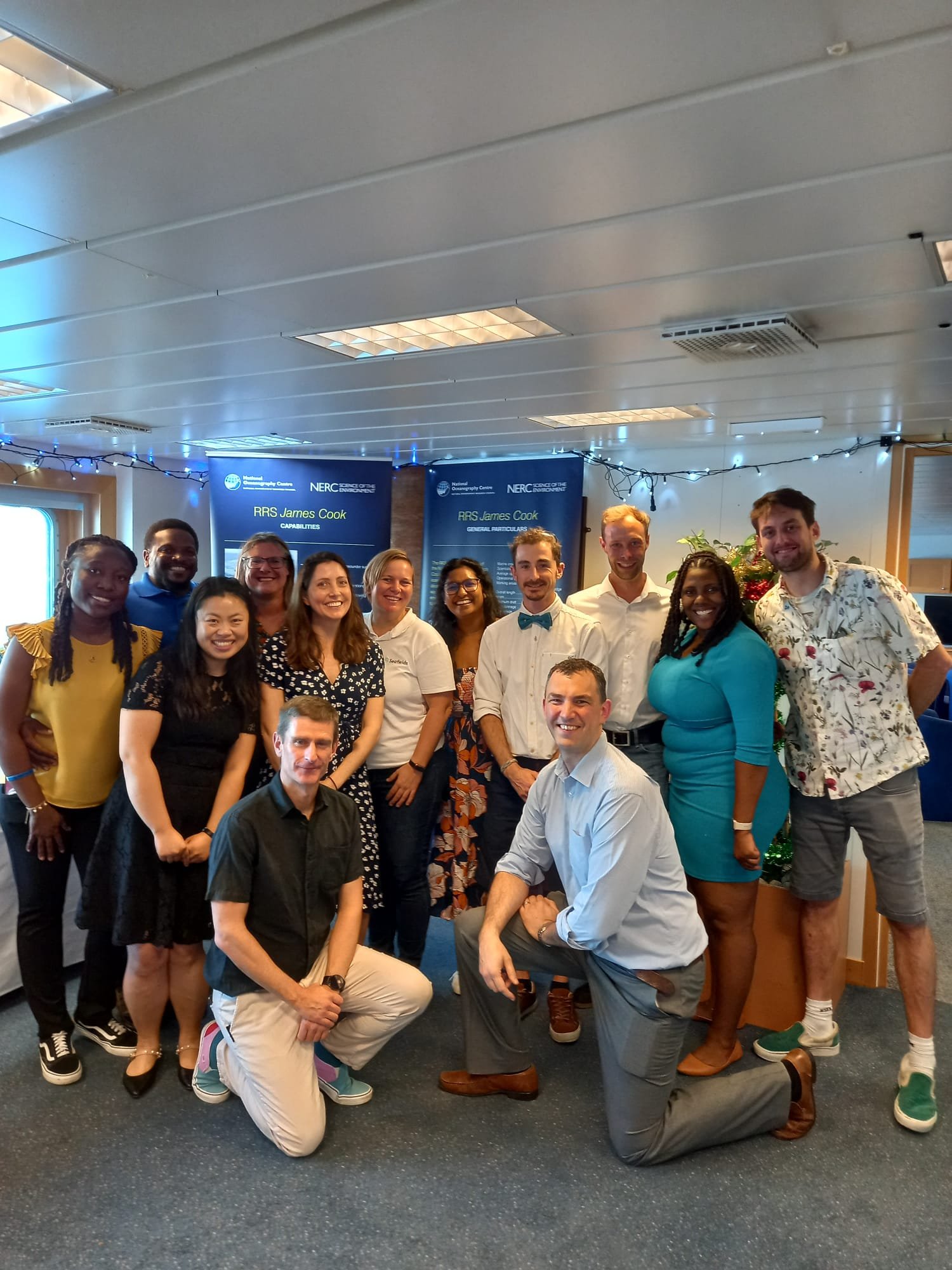
Video footage from Klaas Gerdes
Seafields is seeking to progress its scientific understanding of how seaweed interacts with marine environments and ecosystems, because we are committed to ensuring that the work we carry out does not negatively impact the environment.
However, to do this, there is a crucial need to carry out expensive and time-consuming scientific work, in collaboration with independent scientific institutes (UK’s National Oceanography Centre (NOC), Integrated Environmental Solutions (INES) and the University of the West Indies, Cave Hill Campus Barbados (UWI)).
The independent SeaSINC project relies on the financial support of our community to help it conduct this pivotal research.
The SeaSINC project aims to evaluate the effects of seaweed sinking in the Caribbean. It is doing this by conducting the first small-scale pilot study of Sargassum deposition in deep-sea environments in Barbados. This research will establish if, and how, the placement of this naturally occurring seaweed on the seafloor affects the local ecosystems and/or biogeochemical processes. Significant emphasis will also be placed on engaging with key stakeholders from Barbados and the Eastern Caribbean Islands, as well as Mexico and Belize, to inform them of the findings of this study.
The specific objectives of this project are:
Establish the rate of Sargassum decomposition in deep-sea settings (1000-4000 metre depth).
Determine whether the decomposition of Sargassum increases the rate of oxygen consumption within the benthic (seafloor) environment.
Characterise the in-situ microbial community response to the presence of Sargassum and the extent to which microbial degradation contributes to the decomposition of Sargassum.
Quantify any changes in biodiversity associated with the presence of Sargassum, and if/how these organisms contribute to the decomposition of Sargassum.
Assess the fate of organic and inorganic carbon released from the Sargassum, including the extent to which any recalcitrant (hard to break down) carbon is retained within the sediment, the amount lost into the overlying water column, and the expected duration of its retention within seawater.
Advance the understanding of the efficacy, ecological and economic viability of sinking seaweed in deep-sea environments as a marine Carbon Dioxide Removal (mCDR) mechanism.
Schematic illustration of the project's main phases for the experimental sites. Diagram created by INES

The pilot study will be split into three main phases. Phases 1 and 3 will hopefully benefit from state-of-the-art facilities aboard the RRS James Cook and RRS Discovery, including use of the National Environmental Research Council’s Remotely Operated Vehicle (ROV), one of only a few scientific ROVs capable of reaching the abyssal plain.

Phase 1a: Baseline assessment of the study sites
This phase will map topographic features of the seafloor using a ship-based multibeam echosounder, measure benthic (seafloor) chemical profiles with sediments from a Megacorer, and examine local seafloor animal communities (e.g. crustaceans, gastropods and worms) using a sediment corer.
Phase 1b: Deposition of Sargassum and preliminary data analysis
The remaining components of phase 1 – specifically the placement of the Sargassum onto the seafloor and the analysis of the samples and data collected during the baseline assessment cruise on the RRS James Cook – will be conducted in 2024. Due to the baseline scientific cruise taking place outside of peak Sargassum season, the Sargassum deployment will be carried out in late spring/early summer of 2024. At each site, 20 bales will be positioned onto the seafloor together with a benthic lander containing another two bales of Sargassum, a multiparameter sensor and a camera to monitor chemical and physical changes as well as interactions with the local seafloor communities.
Phase 2: Latency period for interaction with seafloor communities and processes
The autonomous sensors and camera on the lander will operate for ~12 months. The duration of Phase 2's latency period will be around 6-10 months long. We hope to extend the pilot study to assess longer-term effects by extending beyond the end of Phase 3, through on-going research and site evaluations. The decision will be discussed with authorities before Phase 3's scheduled recovery and post-deployment sampling.
Phase 3: Recovery of benthic lander, Sargassum bales and sediment/fauna samples
This final phase of the SeaSINC project will visually inspect and recover the benthic landers and Sargassum bales, collect precisely located sediment and fauna (animal) samples from both experimental sites and its surrounding area, and conduct in-situ measurements to characterize if/how the benthic community and biogeochemical processes have changed over the course of the trial.
Terms and Conditions
These terms and conditions (amended from time to time) govern the relationship between you (the sponsor) and us (Seafields Solutions Ltd., company registration number: 13331513) in relation to any payment you make to us through our website: https://www.seafields.eco/
By confirming on the website that you wish to provide financial sponsorship, you agree to be bound by these terms and conditions for that sponsorship.
1.Our Agreement with You
Making a payment on these terms and conditions does not constitute the creation of a contract and is not nor will it be made in exchange for goods or services either now or in the future.
2. The Payment
We will use your sponsorship funding at our discretion to support the work of the SeaSINC Project carried out by Seafields Solutions, the National Oceanography Centre (NOC) and Integrated Environmental Solutions (INES). Payments may be subject to UK tax and will be treated as income. All sponsorship payments made through our website are to be made via our payment services provider Stripe. By confirming that you wish to proceed with your payment you authorise Stripe to request funds from your credit or debit card provider (as applicable).
3. Acknowledgement
We will send you a prompt acknowledgement by email confirming receipt of your sponsorship payment. If you do not receive such an email from us please do let us know as soon as possible.
4. Data Protection
We will not store your data, nor will we share it with third parties. By agreeing to these terms and conditions you are also agreeing to Stripe's terms and conditions.
These terms are governed by English law and you can only bring legal proceedings in respect of the products in the English courts.


